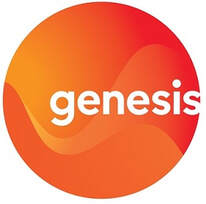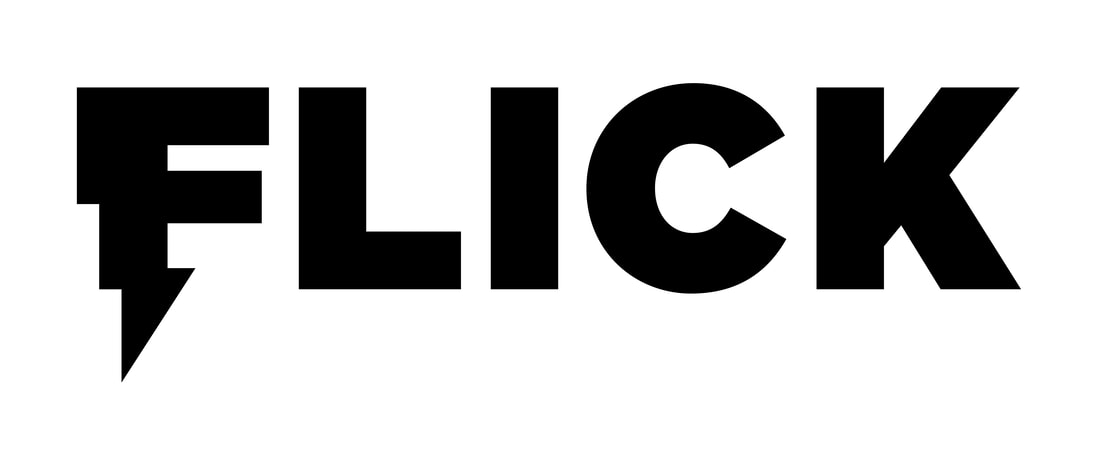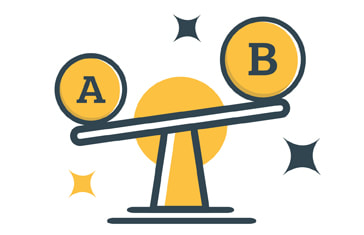Fixed Contracts vs Open Power Plans – What You Need to Know
Both options have unique pros and cons; our guide explains what you need to know before signing up to any power deal.
Updated 10 July 2024
Summary
To make sense of your options, our guide explains:
Summary
- Our power comparison research includes fixed and open term plans. Both options have unique pros and cons, and it's important to understand the basics of each before making any decision.
- There are around thirteen companies offering power in all corners of New Zealand, which has made it more difficult to compare by price.
- Some companies focus on fixed-term contracts while others pride themselves on flexibility with open plans.
- The problem is the fixed terms can be anything from 12, 24 and 36 months. And, just like mortgage terms, anything can happen in the market, so you risk overpaying if prices fall or facing a penalty if you decide to leave early.
To make sense of your options, our guide explains:
MoneyHub Founder Christopher Walsh shares his views about fixed and open-term plans:
|
"There are many power options, but very few plans offer true value for money. What's right for your home depends on the kWh pricing and the daily charge. Our comparison research highlights the most attractive options in the market, including open plans and fixed-term contracts".
"Fixed terms insulate you from inflation and cost increases and arguably have little downside when power prices are unpredictable. However, if you're in a flat or uncertain if you'll be living in the same property within 12 months, an open plan is arguably less risky". "This guide is prepared to help you decide what's right for you so you get the best deal but don't over-commit to an unsuitable term". |
MoneyHub Founder
Christopher Walsh |
Our Price Leading Power Companies - Fixed Term and Open Term
Getting quotes is an essential step before you switch. Our pricing tables and power comparison research look at average uses, Genesis leads with fixed-term offers and Flick leads with open terms.
Fixed Term: Special Offer With Our Partner Genesis - Rewarding New Zealanders Who Commit to a Great Value Genesis 12-Month Contract:
|
Open Term: Our Partner Flick - Putting the Power Back in Customers Hands:
Looking for more information about power prices? Visit our comprehensive Power Company Comparison guide. |
What’s More Important – Price or Contract Term?
The answer is 'it depends'. Electricity prices are, per government research, increasing year after year. We believe that leading fixed-priced deals are, for most people, going to protect against inflation given the 1-3 year lock-in periods. While there is a risk that power prices may drop in the short term, the pricing trend suggests ongoing increases. Our view is simple – a plan that offers low kWh and daily pricing that offers a fixed term will be a strong offering in the market. Our power comparison research has more details about what's currently offered in cities around New Zealand.
How often do open plan prices change?
We routinely monitor power prices. One major retailer changed their open term prices twice between 1 January and 12 May 2022, while another didn't change them at all. Power prices don't move significantly from month to month unless there is a sustained weather event (such as a drought that empties the hydro lakes). Power companies don't want to lose customers by constantly sending them price changes, given the number of competitors waiting to lure new customers.
What is a fixed-term power contract?
As the name suggests, fixed-term plans lock you in for a set number of months at a certain day rate and specific kWh usage rate. If you decide to switch over to another plan or provider, there will be a break fee if you're still under contract.
Fixed Term Pros and Cons
Pros:
Cons:
- Prices are fixed – you know how much you'll pay per unit, and should market prices surge over winter with a drought or similar, your prices are locked in, so you won't get 'market price' bills.
- Prices can be lower – Power companies like customers who commit and, in some instances, will offer attractive pricing. It's not guaranteed, but our pricing comparison research indicates that some fixed plans rank highly.
- Sign up bonuses may be offered – To attract customers, fixed-term plans may offer signup bonuses from time to time, such as free weekends, free credits or a one-off percentage discount.
Cons:
- Your prices are fixed if power prices drop – global weather issues affect New Zealand just as much as anyone else. Power prices will drop if it floods and/or is very warm over winter. New electricity generation will also, all things being equal, drop prices as the supply increases. This means a lot can change in a three-year contract.
- You can't disconnect without a penalty – if you need to move home, it's most likely your power connection won't carry with you, so you'll need to pay a disconnection fee.
Open Term Plans Pros and Cons
Open plans contracts are flexible and don't fix you to any term. However, the pricing you sign up for may change later and increase or decrease.
Pros:
Cons:
Pros:
- You've got full flexibility – you can switch plans at any time, which is helpful if you're flatting, planning to move or don't want to commit to a 12, 24 or 36-month plan.
- There are many options, and the pricing can be market-leading – many power companies offer attractive pricing for open plans, so it's important to compare carefully. Our power comparison helps you see the current best offers and how you can get them.
- You're price protected for at least 30 days – Power companies can't increase your charges without giving at least 30 days' notice, so the prices you sign up for will be applicable for at least 30 days after you join. However, as power companies don't want to lose customers, price increases (or decreases) are not that common.
Cons:
- There's no protection from price increases – Just as electricity prices can drop, they can also rise. And inflation in New Zealand is at thirty-year highs. Media stories such as this suggest that prices will increase in the coming years.
- You may not get the best rates when you join – fixed-term contracts may offer better value upfront and ongoing. Our power price comparison guide has more details.
Making an Informed Decision - Other Considerations:
What should I choose – fixed or open plan?
First of all, it depends on what your living situation is.
If you're renting or in short-term accommodation, open plans are arguably most suitable, given you can terminate at any time.
If you own your home and don't plan to sell, the best value deal will be most attractive – that could be a fixed-term or an open plan. Fixed-term plans may protect you from ongoing increases during the contract in times of rising power prices. Open plans provide day-to-day flexibility, which is good if prices move downward and you want to pay less and less. However, with inflation what it is and power generation at near-full capacity, it's arguable that prices won't drop significantly unless there is a weather event.
If you're renting or in short-term accommodation, open plans are arguably most suitable, given you can terminate at any time.
If you own your home and don't plan to sell, the best value deal will be most attractive – that could be a fixed-term or an open plan. Fixed-term plans may protect you from ongoing increases during the contract in times of rising power prices. Open plans provide day-to-day flexibility, which is good if prices move downward and you want to pay less and less. However, with inflation what it is and power generation at near-full capacity, it's arguable that prices won't drop significantly unless there is a weather event.
What's important when I compare power prices and providers?
The kWh rate and the daily rate are what matters, as well as the signup bonuses and payment terms. Our guide to comparing electricity has more details.
Are power prices increasing or decreasing?
Data from MBIE suggests that power prices have consistently increased yearly for the last ten years. The average kWh price in 2012 was $0.2602, and by 2021 was $0.2936, representing a 12%+ rise.
I’m in an apartment – should I go for a fixed contract or open plan?
It depends on how long you'll live in the apartment and the prices. The best option is a plan which is low in price, and either locks you in (if you have assurances you'll be living in the apartment for at least 12 months) or offers flexible terms. Our power comparison research has more information.
Related Guides







